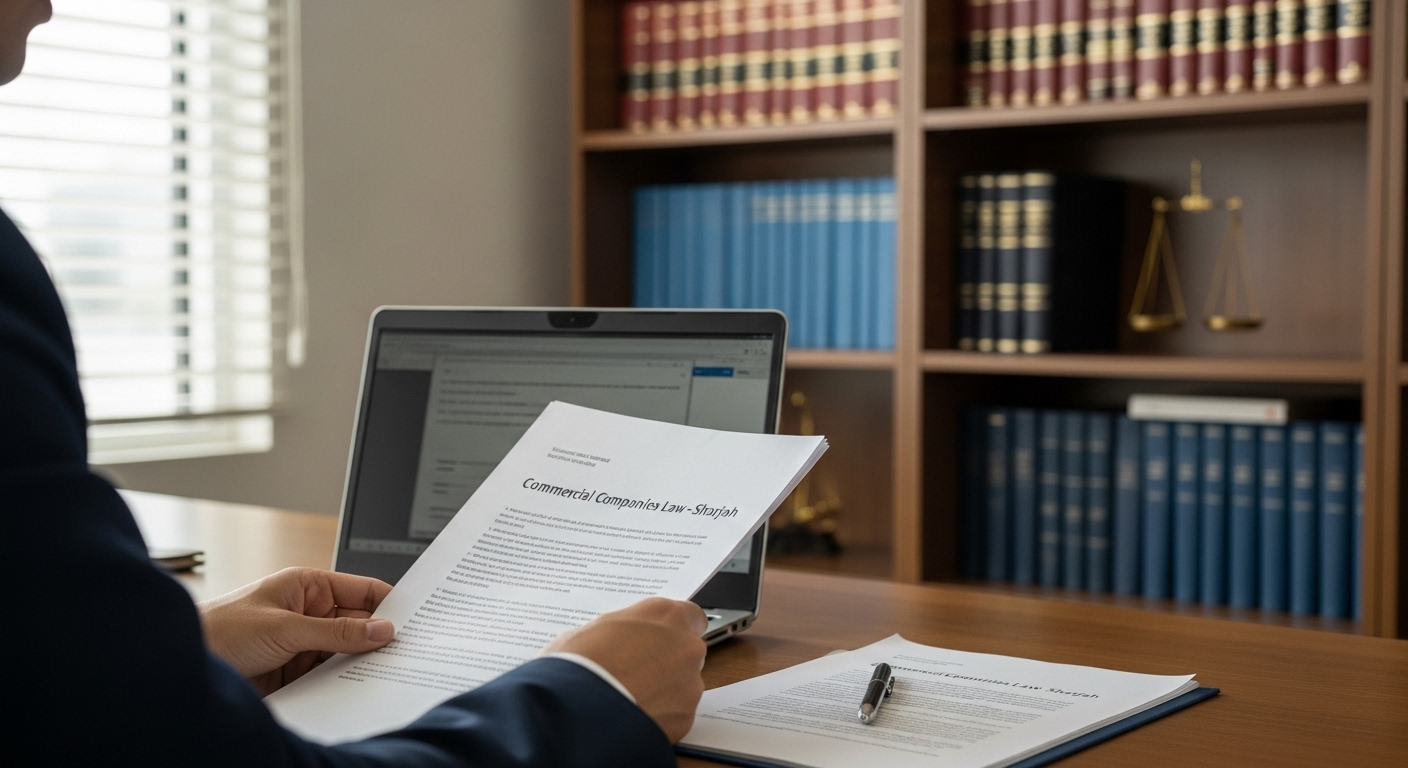The UAE is home to a diverse range of population from across different continents and countries. This has resulted in a boom in the food industry, which caters to the unique tastes, delicacies, and dishes. Food safety is central to human health and safety. The UAE government paid extra attention to it and has placed adequate food safety laws. The prime objective is to ensure Public Health and Compliance.
The Food Safety Laws in the UAE are essential for protecting consumers, investors, producers, and retailers. The thriving food industry in the UAE requires regulations governing food production, distribution, service, and trade. From restaurants to supermarkets, hotels to food vendors, everyone must follow the stringent standards and UAE food safety laws. It is important to ensure the hygiene, quality, and freshness of the food. Specialists lawyers are also helpful while
The Overseeing Food Safety
The key regulatory bodies in the UAE are responsible for overseeing Food Safety standards. They enforce the UAE food safety laws by engaging numerous regulatory agencies in the country. It includes the Dubai Municipality, Abu Dhabi Food Control Authority, and the Ministry of Climate Change and Environment.
They all collectively work towards ensuring compliance with federal laws, local regulations, and food safety standards. These bodies also conduct food inspections and monitor the food establishments within the UAE. They issue licenses after proper prerequisites to safeguard public health.
Understanding the Food Safety Laws
The UAE Food Safety Laws are extensive and cover a vast range of food areas, including food handling, storage sites, labeling, and transportation.
For instance, all the food products should follow the strict temperature controls during the storage process until their delivery. It is necessary to prevent contamination. It also ensures its tastes, aroma, and freshness remain intact.
Moreover, hygiene standards for food handlers are quite rigorous. They are properly defined to limit the risk of foodborne illnesses. The food business must implement Hazard Analysis Critical Control Point (HACCP) systems.
HACCP systems are internationally recognized standards for food safety management. They ensure the food is fresh, healthy, and hygienic.
Food Labeling and Consumer Protection:
Food labeling is a crucial facet of it. The labels must be clear, complete, accurate, and concise. All the labels should contain appropriate information regarding the ingredients, nutrients, contents, expiry date, and more. There is a need for transparency to make sure that consumers make well- informed choices. It also safeguards them from misleading information.
Mislabeling results in serious legal consequences. Skillful lawyers in Dubai help the parties to seek legal recourse. They make sure the companies adhere to the UAE safety laws in the UAE and prevent violations or non-compliance.
The Penalties for Violations
The violations of UAE food safety laws can lead to severe penalties. It may result in heavy fines, license suspensions, imprisonment, or even the closure of the business.
The major food authorities, like Dubai Municipality and other bodies, will conduct spot checks. Any non-compliance is dealt with by firm and strict steps. This will allow protecting public health. The UAE standards are in line with the international food safety standards. Palpable Dubai attorneys facilitate trade with the global partners. They ensure the food importers go through the rigorous inspections and meet the UAE requirements.
Role of Legal Professionals in the Food Industry:
Well-known Law Firms often represent businesses or consumers in challenging or enforcing penalties in lucrative ways. They ensure fairness in the legal process.
Outstanding attorneys usually guide the companies and food business to ensure smooth transactions without any regulatory barriers. They provide useful advice to the clients on how to comply with the food safety regulations.
The workers and employees in the food industry must undergo intense training and certification programs. It is mandatory to ensure that the UAE food safety laws are followed. The programs mainly emphasize food hygiene, proper food handling, and safety protocols.
The business often consults well-learned Lawyers in Dubai to implement effective training modules that meet the legal specifications. This reduces the risk of violations. They mitigate the risk and also protect the business interests. Dubai attorneys provide legal representation and support in times of lawsuits or litigation for any reason.
They also assist the needy consumer in filing complaints and lawsuits against the food business. The complaint may be filed due to poor food quality, negligence, or compromised food.
Role of Lawyers in Dubai
The Food Industry has a challenging nature. The UAE is home to thousands of food businesses, and they must comply with the food safety standards. The legal experts are responsible for ensuring that the regulations and standards are met. Trusted Law firms offer invaluable advice to the food business on regulatory compliance. Besides, they also assist with acquiring the licensing. As we said above our lawyers, are one of the most professional lawyers in United Arab Emirates.
They help them with submitting the licensing applications along with the necessary documentation. Further, if there is any dispute, the clients are represented in the court proceedings. Due to non-compliance, the food businesses may face penalties such as hefty fine, license suspension, jail sentence, and more. Additionally, top Law Companies help the food companies and businesses to develop strong internal controls. They also work with them to develop the internal compliance policies that are in line with the UAE food safety laws. Besides, well-trained Lawyers often support businesses in suggesting ways to avoid violations and penalties.









